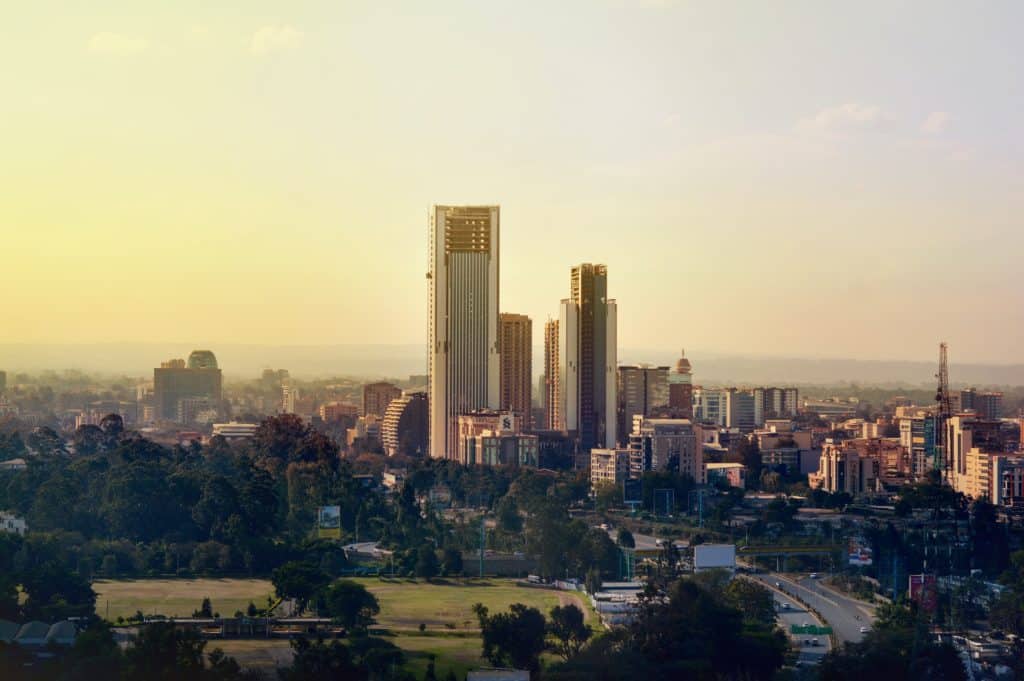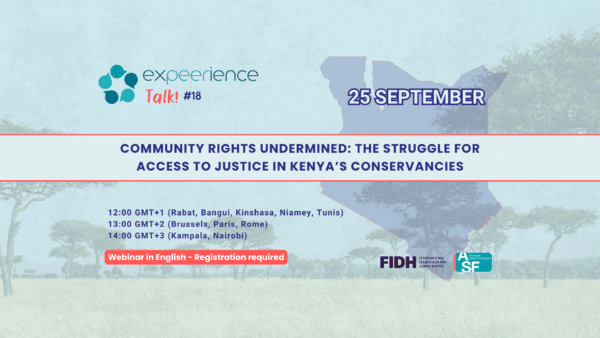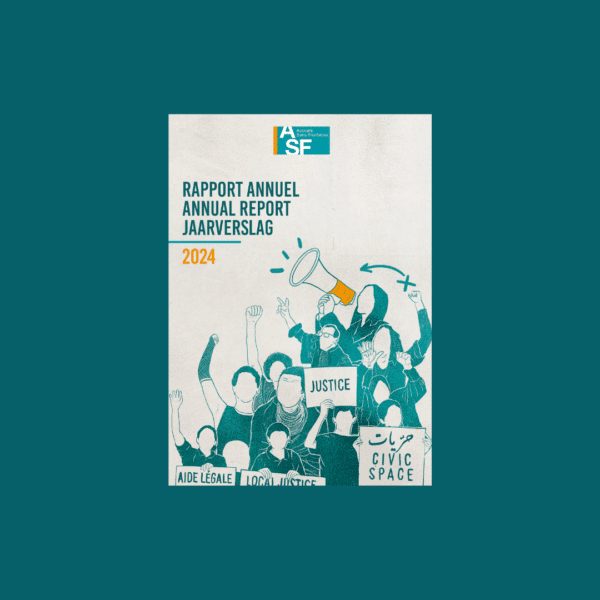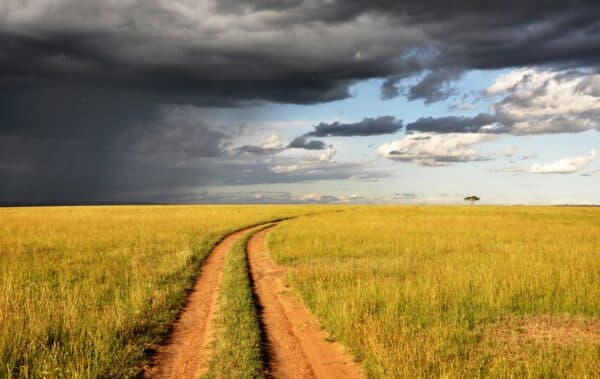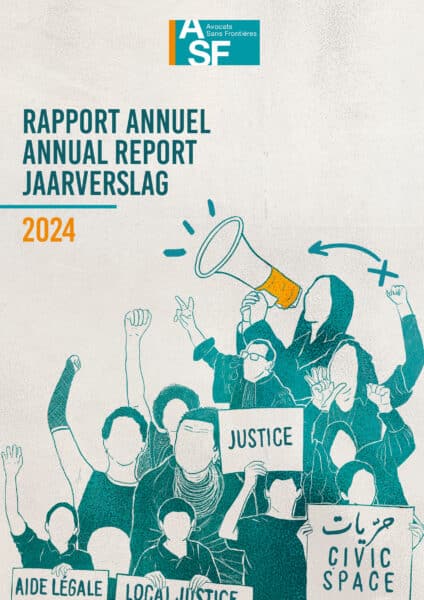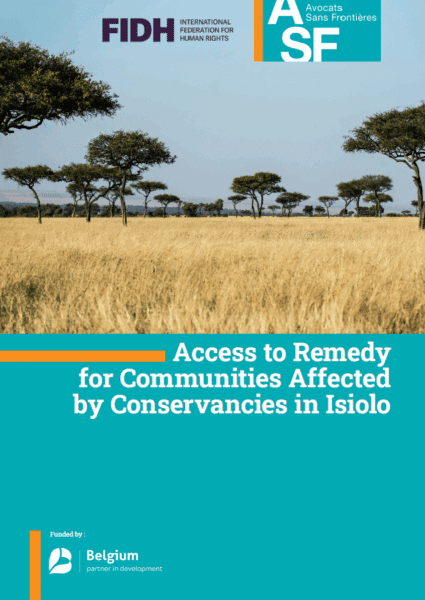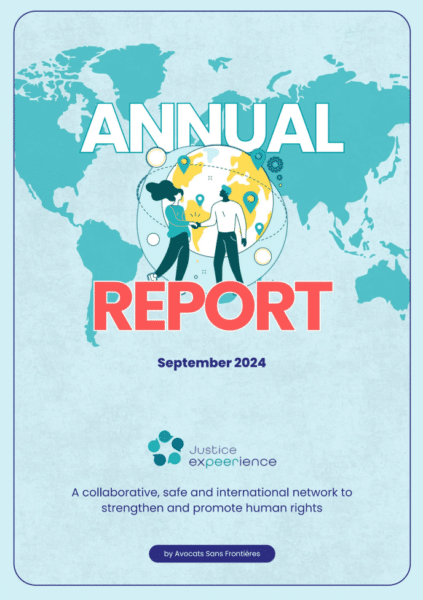General Context
Even if Kenya is consolidating its democratic institutions after a legacy of authoritarian rule, the country has had its share of politically instigated violence along ethnic lines. Following the post-election violence in 2007-2008, Kenya approved a new constitution in 2010 that enshrines perhaps one of the most exhaustive and forward-thinking Bills of Rights in the region and in the continent.
Since gaining independence from British colonial rule in 1963, Kenya has experienced periods of political turmoil, autocratic rule and progress towards stability. Kenya plays a leading role in regional diplomacy and economic integration, particularly within the East African Community (EAC) and the African Union.
Access to Justice and Rule of Law
In Kenya, access to justice remains a challenge for a significant portion of the population. The justice sector in Kenya has been the subject of major reform efforts in recent years, including measures to improve the independence of the judiciary, the revamping of Kenya National Human Rights and Equality Commission and measures to improve the effectiveness and accountability of the police and the office of the Director of Public Prosecutions (DPP).
Despite those reforms, the criminal justice system is still characterised by significant discretionary powers and challenges to the independence of the judiciary, which can lead to the criminalisation of poverty and the persecution of citizens. A majority of convicted prisoners are petty offenders, and trust in the courts remains low.
ASF’s Work in Kenya
With its diverse and dynamic population of approximately 53 million people, a rapidly evolving political landscape and strong economy, Kenya plays a pivotal role in the region. Kenya therefore serves as a critical hub for Avocats Sans Frontières (ASF) in its pursuit of promoting access to justice and human rights in East Africa. The organization is planning to focuses on the following areas in Kenya:
- Access to justice: ASF can provide legal aid to people who are unable to afford it, including victims of human rights abuses, marginalized groups, and people in detention.
- Human rights monitoring: ASF is planning to monitor the human rights situation in Kenya and promote access to remedies.
- Advocacy: ASF advocates for the protection of human rights in Kenya, including through direct advocacy with the government and awareness raising among the public.

